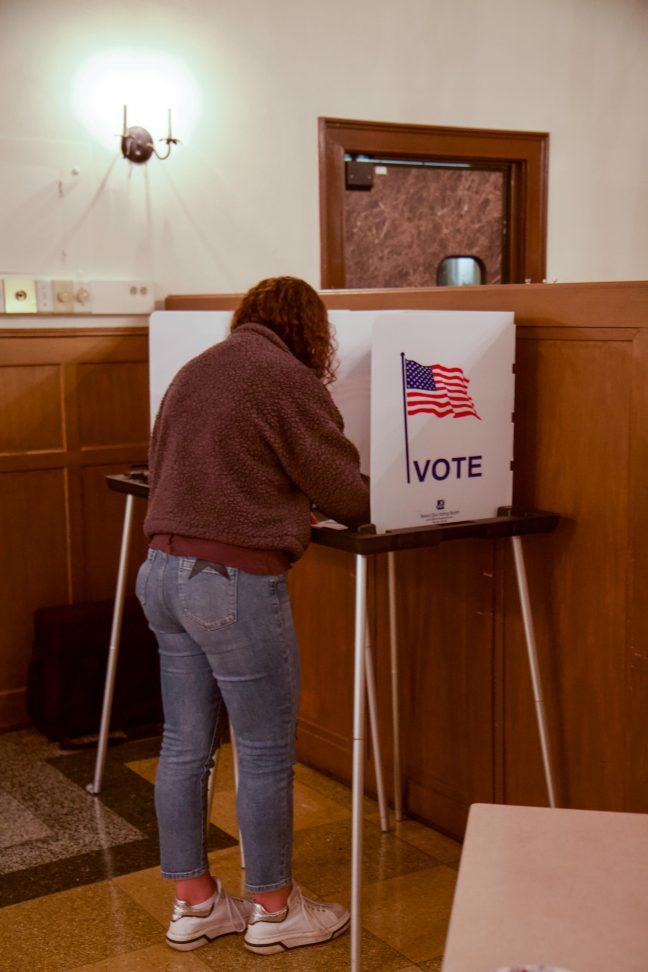Recently, Republicans added referendums to the August 13 ballot that could restrict the governor’s power and change how federal funds are distributed.
The COVID-19 pandemic and its effects put these amendments into perspective. In a statewide emergency like the pandemic, Gov. Tony Evers needed to distribute funds swiftly. He had over $4 billion to allocate, and he was able to do so with speed and without intense oversight.
During the pandemic, Evers vetoed a bill that would have required him to submit a distribution plan needing legislative approval. Then, in 2022, a Legislative Audit Bureau audit prompted criticism of Evers for not providing documentation the Republican Legislature requested. This led to the current ballot questions.
The first amendment concerns appropriation power, meaning the governor would no longer have sole authority to allocate funds without legislative approval.
Under the second referendum, Republicans propose that the Legislature would have the power to approve fund distribution through joint resolutions and legislative rules—rules that do not require the governor’s approval.
This could create long delays. Instead of quickly applying funds, the governor would need legislative approval. These funds need to be approved relatively quickly, and the legislative process is often slow.
This delay could mean the funds wouldn’t be dispersed in time, essentially defeating the purpose of allocating them.
Additionally, a governor is directly elected by the people, so more power means more accountability. Voters have a specific person to hold accountable for success or failure. If scrutinized, a governor’s time in office ensures they remain in check.
A governor also ensures a unified vision is applied to government policies, preventing conflicting ideologies from a divided Legislature.
These referendums have a political charge, given Wisconsin’s polarization. Under a Democratic governor, the referendums can be seen as a Republican-controlled Legislature’s move to push its agenda while avoiding a veto from Evers.
If roles reverse and the governor needs legislative approval, this could change Wisconsin’s political landscape. More Republican-focused bills could gain traction, and Evers’ agenda could be sidelined.
Wisconsin is in a precarious position, especially with the upcoming presidential election. These referendums could significantly impact both state politics and citizens.
A strong government requires a balance between a strong governor and Legislature. A governor provides swift decisions and leadership, while a Legislature provides checks and representation.
When it comes to allocating funds, it should be at the discretion of the elected official, not a committee of politicians. In an emergent crisis, time isn’t a luxury the government can afford.
These two governing bodies need to work together. While legislative approval over fund distribution isn’t realistic for every decision, there is an opportunity for harmony. The Legislature needs to allow the governor to do his job, and the governor needs to reciprocate.



